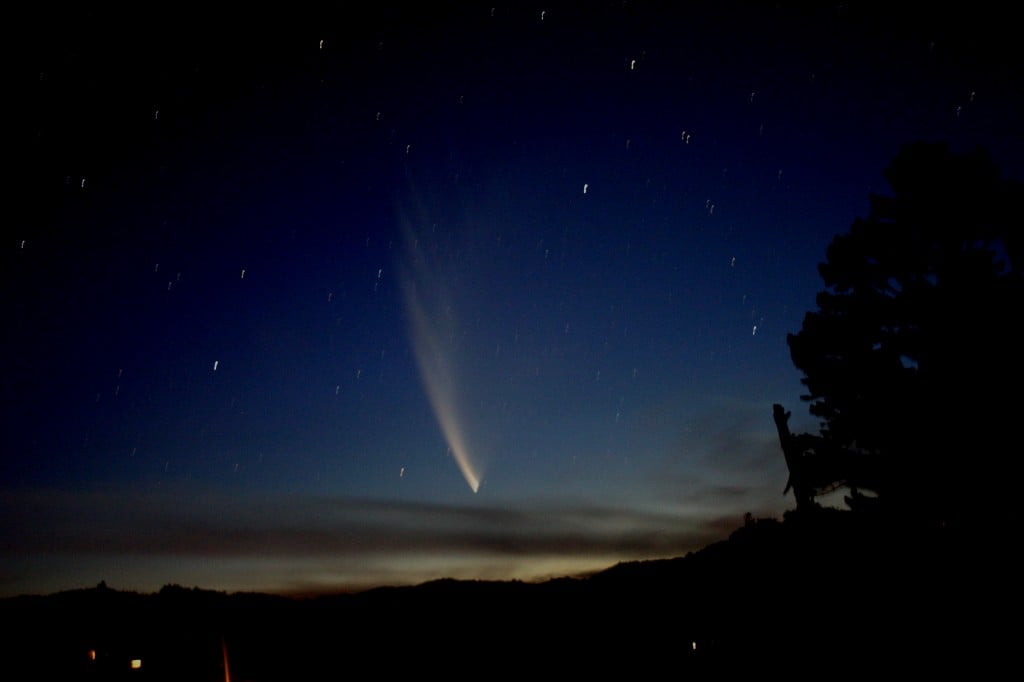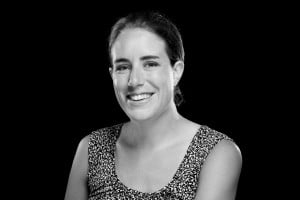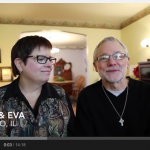The following post is by Jason Bilbrey, our Director of Pastoral Care here at The Marin Foundation. You can read more from Jason at his blog, www.jasonbilbrey.com.
“I’m not sure what made our son [or daughter] gay.”
That’s a phrase I hear a lot in my conversations with parents. I’ve written about the grief process that parent’s often go through in the wake of a child coming out, with feelings of loss, denial and anger. Sometimes parents have a flood of questions: “Who else knows?” “Is he being safe?” “Is she being bullied?” And sometimes parents have a flood of emotions: Shock. Sadness. Relief. Compassion. Anger. Depression. Denial.
And still other times, a parent’s sentiments can boil down to just one, nagging question: what went wrong? I’ve read many long, self-recriminating emails devoted to exploring this question.
- Did she grow up in a healthy, structured home?
- Did we surround him with a loving, Christian community?
- Was he involved in gender-appropriate activities?
- Did we model correct gender roles?
- Was his father present and affectionate?
- Did her mother maintain appropriate relational boundaries?
It’s a checklist, amalgamated from outdated psychological theories and a thousand sermons. Occasionally it surfaces some feelings of parental failure. But more often than not, it serves to exonerate parents. “We always had such a good relationship with our daughter,” they might say. Or, “How could we have made our youngest son gay when all his brothers turned out straight?” It might be easy to blame it all on the home environment when it’s another family’s gay child. But not one’s own.
“So if we aren’t at fault, who is?”
Just because a father and mother can eliminate themselves as suspects doesn’t mean they are willing to rethink whether their child’s homosexuality is indeed a crime. (This is probably as good a place as any to say that these questions and the language I am using throughout this post are not meant to be a statement of my own beliefs. I’m here to chanel and address the concerns I hear from many conservative parents–though certainly not all.)
So who or what is to blame? That’s the line of questioning that casts a suspicious eye on something else: adolescent sexual experiences, particularly same-sex encounters. It’s really tempting to create a narrative based on a few incidents. “There was that time she found some pornography.” “There was that time his older cousin touched him inappropriately.” “There was that time at the sleepover….” Unexpected sexual encounters can be distressing at any age, but especially during adolescence, when a child is just beginning to formulate a sense of identity and sexuality. So it seems to make sense that such an experience would leave an individual feeling…confused.
The problem with attributing homosexuality to adolescent same-sex encounters is that there are too many exceptions to that rule. Not all LGBTQ individuals had such an experience. And not every adolescent who does have a same-sex encounter grows up to be LGBTQ.
Case in point: me. I belong to this latter group. I was 12-years-old, sleeping over at a friends house, when he and I engaged in some heavy sexual exploration under the pretense of that eternal mainstay of adolescence: Truth or Dare? I had no idea what I was doing, but for years this was my deepest, darkest secret. When I finally told a close group of male friends in college about my experience, I was surprised to hear a handful of them say, “Yeah, me too.”
What I’ve learned in years since is that adolescent same-sex experiences are fairly commonplace. One 2008 study found that 14% of men reported to have had “voluntary, same-gender sexual contact between the ages of 12 to 27” (Bagley & Tremblay, 1998, Journal of Homosexuality, 36(2), pp. 1-18). This does not account for those who were unwilling to disclose, or whose sexual contact was involuntary. Of that 14%, only half self-identified as homosexually-oriented. So what I’ve learned, both in my anecdotal experience as well as in my research is that there are many straight men, like me, who have had gay experiences at a formative age. Yet we’re not gay. (I haven’t studied adolescent same-sex encounters by straight women, but I suspect the same is true for them).
Likewise, I know many, many LGBTQ individuals who never had any childhood sexual contact whatsoever, let alone same-sex encounters. They weren’t prompted to identify as gay, lesbian, bisexual, transgender or queer based on any particular experience, other than their attractions and sense of identity.
Why is all of this important? Well, it’s pervasive. I hear parents working through this diagnosis process all the time. And I find myself regularly responding to debunk the myths that spurn these questions. No, it’s not your fault. No, it’s not your daughter’s fault. No, it’s not your son’s friend’s fault. That guilt can wreak havoc on a family. It can make you feel so alone. It can be relationally devastating.
And it can be very distracting. The goal is to reach a place of peace and acceptance (again, not necessarily the same as affirmation). If we keep to the analogy of feeling a son or daughter coming out is like a death in the family, then the question of what went wrong is perhaps akin to replaying the moments leading up to a person’s death and wondering what you could have done to save them. It’s natural to be plagued by that question. It’s also very self-defeating.
So much of what we do when we grieve is to look back. Somehow figuring out the past will ensure that we find peace and resolution in the future. That’s not always the case. Not when the past becomes an escape from the present. And that’s what your LGBTQ child often needs the most: your presence. Your attention to them now. Your fondness for them now. There are many parents who will tell you, as they have told me, the present is a wonderful place to be.
Much Love.











